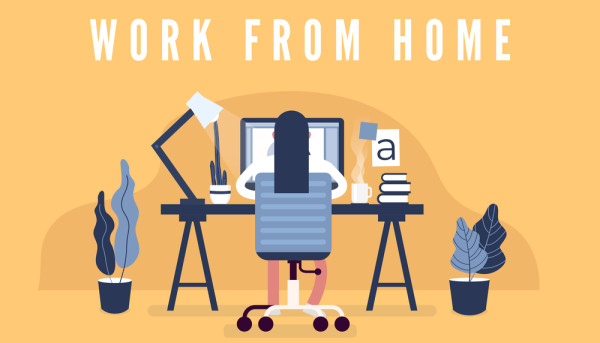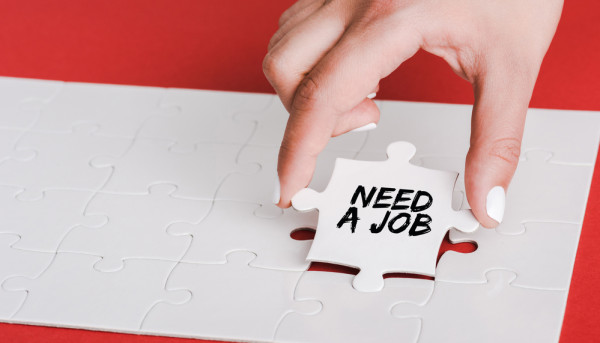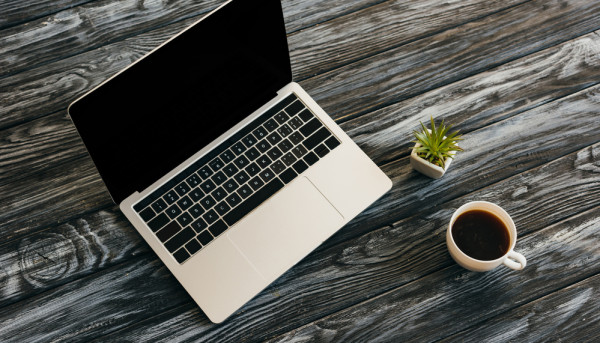Budgeting 101 - Learn the Basics of Budgeting
Budgeting 101 - Learn the Basics of Budgeting

If you want to keep your money in check, you need to understand the basics of budgeting. Budgeting means having an intentional plan for how much you spend on different things. It can help you avoid debt and create realistic financial goals. If you follow a budget, you can identify unnecessary expenses and find ways to cut down on them.
Budgeting is a process of making a consistent and intentional plan for your money
A budget is an arrangement of financial goals and expenditures. It allows you to control your spending habits and save for retirement. You can also stay on top of your grocery bills and reduce your debt. Having a plan can also provide you with more money for other things that you want.
A budget should also include your fixed expenses, or expenses that are predictable and stable in nature. A good example of a fixed expense is rent, which remains the same month after month. However, a landlord may decide to raise the rent after a year, but that is rare. Most fixed expenses are paid monthly, but some are paid annually, biannually, or quarterly.
A budget helps you to keep track of your finances, and it also helps you earn interest on your savings. It can also help you save for a summer vacation or pay off credit card bills. When you create a budget, you'll have better control over your money and will feel better about your financial situation.
The budgeting process is essential to any business, since without money, a business cannot exist. Creating a budget helps you to set clear expectations and targets for costs and revenues. When it's done right, a budget will allow you to focus on what your customers want from your business.
It's best to begin your budget early. If you're going to make a big change in your life, it's important to plan for it. For example, if you're going to pay for a major home repair, you can start saving one-sixth of the total cost each month. Similarly, if you're getting a huge bonus, plan ahead for what you'd like to do with it.
It helps you avoid debt
If you want to save money and avoid debt, you need to learn how to budget. Budgeting teaches you how to live within your means and address your basic needs before spending on wants. It's also an essential skill if you want to pay off your debt and meet other financial goals. Budgeting 101 is a great resource that explains how to create and stick to a budget.
One of the most popular methods is the envelope system. This method is popularized by Dave Ramsey and uses different envelopes for different categories of your spending. Then, you put cash in the appropriate envelope and use it only to pay for that category. The envelope system works by combating overspending and helping you avoid debt. It does require you to plan your spending and label each envelope to make sure you're not spending beyond your means.
The first step in creating a budget is to determine how much you earn each month. You should aim to save a minimum of 20% of your monthly income. This amount should cover your expenses and debt payments. In addition, you should include income taxes. Once you know how much you earn each month, divide your income into categories.
Once you know how to budget, you can begin to plan for your future. By keeping track of every expense, you can prioritize each category according to what you need. You should also set aside money for retirement and rainy day expenses. This way, you will have more money for other things. And, if you are in debt, prioritize your secured debt first.
It helps you separate wants from needs
When you are budgeting, it can be helpful to separate your expenses into wants and needs. These categories are fluid and some items may fit into both categories. A good way to separate wants from needs is to think about how long you would be able to live without something. If you cannot live without it for more than a week, you may have a need for it. Even basic necessities such as shelter and transportation require a want-need calculation. For example, if you need a car, you should first evaluate the different ways you can get to work or to the store and then choose the one that best fits your needs.
You may also want to set aside money for an emergency fund. While emergency funds aren't the most fun part of budgeting, they are a necessary part. They will help you get through difficult financial times. Whether you want to go on a vacation with your friends or go out to dinner, an emergency fund will come in handy if the unexpected happens.
Your needs and wants will change as your family changes. You may find that you no longer need 650 square feet of apartment space but have room for 600 square feet. Similarly, you may want a brand-name raincoat instead of a generic one. However, it can cost several hundred dollars more to buy a designer raincoat than a cheaper one. You should assess your needs and wants before you start your budgeting.
You should write down everything you need in life. Then divide those purchases into broad categories. For example, you could put a monthly subscription to a magazine under the category of needs, whereas you might put Netflix subscription under the category of wants. Similarly, you could use that $15 for gas for your car instead of binge-watching the latest episode of Top Chef.
It helps you track your spending
Using a budgeting app can be helpful in many ways. First of all, it helps you track your spending, which will help you understand where you are overspending and what you can cut to achieve your goals. It can also prompt you to think about purchases before you make them. Ultimately, the app will make it easier to stick to your budget and improve your financial situation.
Secondly, it gives you a clear picture of your spending, which will help you account for all bills going forward. You should make a list of all expenses that you incur on a monthly basis. Once you've done this, you can create a budget based on these expenses.
There are several apps available that help you track your spending. The My Spending Report app from Wells Fargo automatically captures transactions and sorts them into categories that you're familiar with. This saves you the hassle of keeping receipts and keying transactions in. Plus, you can track your progress with this budgeting app, even without a paper budget.
Another way to keep track of your spending is to write down every purchase you make. For example, rent, utilities, groceries, clothes, and transportation can be recorded. You should also write down the actual amount you spend in these categories. Then, at the end of the month, you can review the total. If you have a large amount of unaccounted for expenses, you can cut back in those areas.
Regardless of the method you choose, keeping track of your spending is a great way to stay on track of your financial goals. A spending tracker will give you clarity about how much you spend every month, and it will make it easier to make changes to your budget as you go along.











